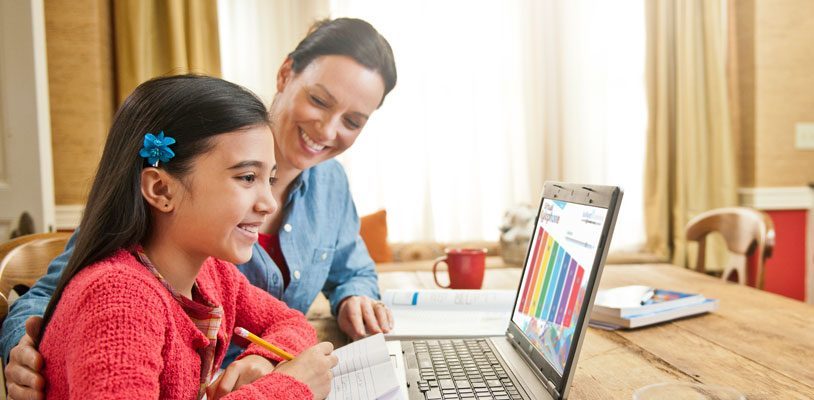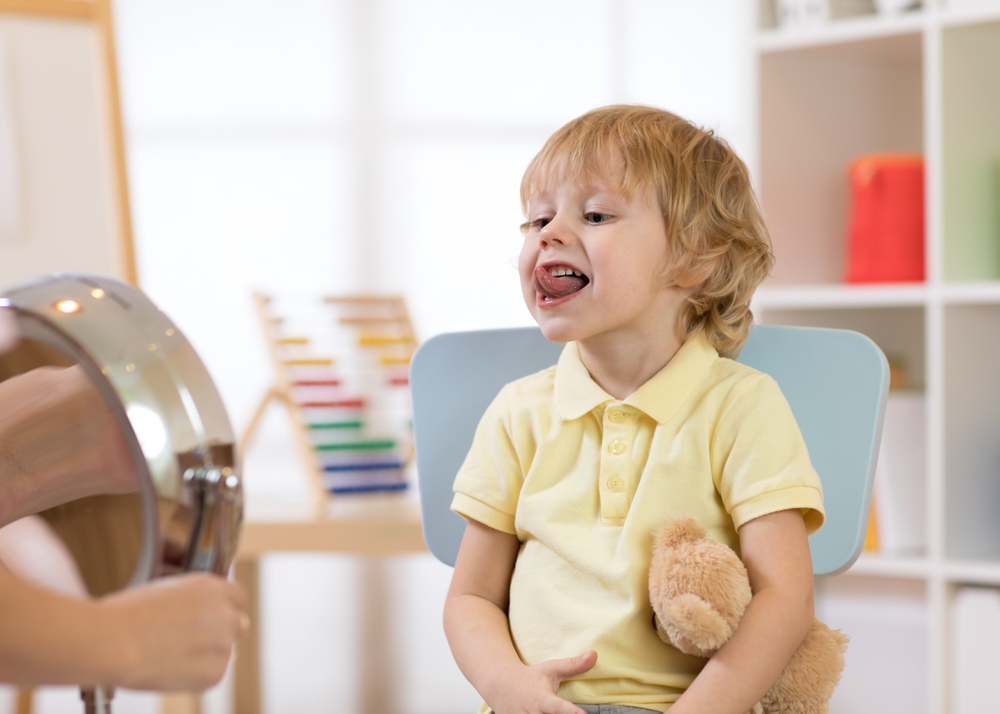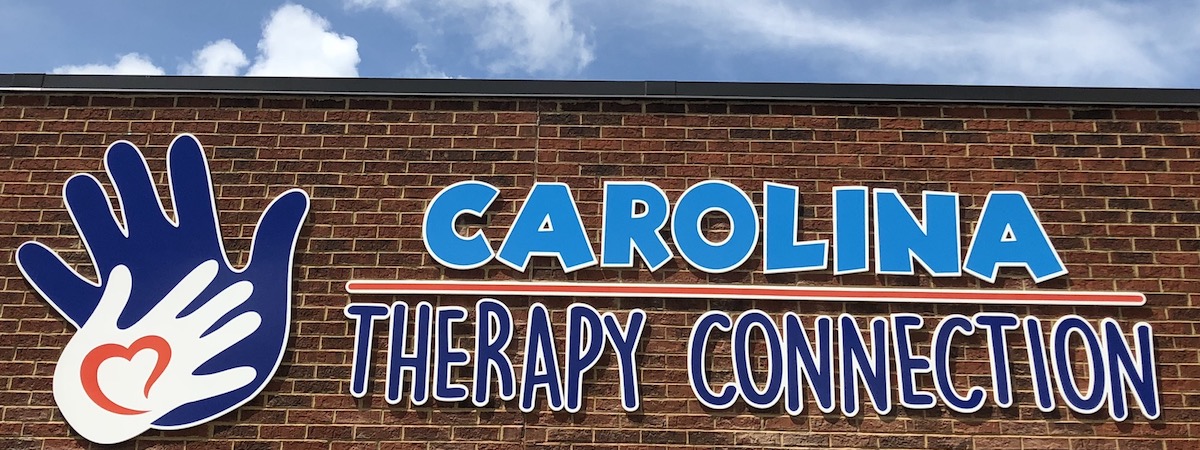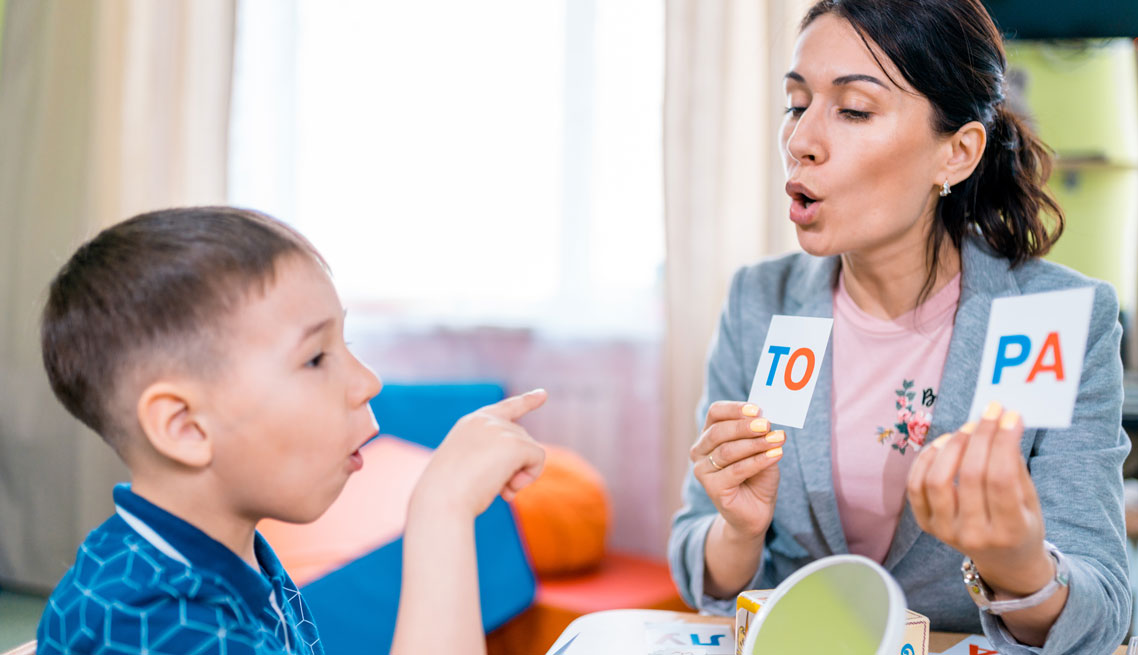Speech and Language Development
All children have speech variations during their early language development. Perhaps your child switches different consonants or still mixes words with baby talk. All of these things are normal to a certain age. Some children grow out of these practices or figure out articulation once they have learned to read and see how things are spelled. Many parents wonder is this normal for a child their age, or is there a problem? And if so, what should they do?
Is This Normal?
“Parents should be able to understand at least 50% of what a toddler is saying by their second birthday. By age three, parents should understand most (90%) of what a child is saying. By age four, strangers should understand most (90%) of what a child is saying,” says Laura Mize, a pediatric speech-language pathologist in her blog, Teach Me to Talk.
Thankfully, there are developmental milestones that can help determine if your child needs help with articulation. Teach Me to Talk has a list of first targets for speech intelligibility in toddlers.
What Do I Look For?
The first question to ask yourself is Is my child using the correct number of syllables in a word?
Even if your child is not saying words perfectly, look for the correct use of syllables. This helps with determining what word they are trying to say, and helps differentiate from other words that may have similar sounds. If your child is having trouble with this, try clapping out syllables to help them hear the difference. This will help with communication before they use full sentences.
Next, Is my child using correct vowel sounds in words?
If your child has an issue with dropping particular vowels, you can introduce those sounds in play. Using troublesome vowels as sound effects while playing helps your child become familiar with a sound that is difficult for them.
Can my child use two different vowel sounds in words, or does he always copy the first sound for the next syllable?
When a child is learning to speak, repeating vowels, such as “baba” for bottle, are used to simplify words. However, some children do not grow out of this stage, and therefore need help learning how to change the second vowel.
The next question to ask is, Is my child learning consonant sounds in the beginnings of words and syllables?
Omitting beginning consonant sounds make if very hard to understand what a child is saying, especially when many words are strung together in a full sentence. Speech therapy is a wonderful tool to help a child develop those missing sounds.
And lastly, Is my child using ending consonant sounds?
Dropping endings, lisping, and ending in vowel sounds instead of the desired consonant are some of the most common reasons for speech therapy. There are many tips and tricks to help a child learn and be aware of those ending sounds.
What Is The Next Step?
If you notice your child is not reaching these milestones, there are options! Speech therapy is a wonderful tool that not only helps your child with their speech, but it also helps with communication, comprehension, social skills, expanding vocabulary, articulation, and many other areas. If your child is in need of therapy, it is best to begin as soon as possible. Children enrolled in therapy early (before they’re 5 years old) tend to have better outcomes than those who begin therapy later. Older kids may progress at a slower rate, because they often have learned patterns that need to be changed.
ASHA describes articulation disorders as the difficulty of producing sounds in syllables or saying words incorrectly to the point that listeners can’t understand what’s being said.
Mommy Speech Therapy gives a great overview of the process of articulation therapy. “First practice the sound in isolation, then in syllables, words, sentences, stories, conversation and finally generalizing the target sound in all contexts of language.”
Where Should My Child Go?
There are various approaches to articulation therapy. Our speech therapists here at Carolina Therapy Connection are specialized in articulation therapy, and each session is designed with your child’s specific needs in mind. They physically show the child how to make certain sounds, and may demonstrate how to move the tongue to produce specific sounds. Not only do our therapists work with your child, but they work with you as a parent to enhance learning in the home.
One of the many strengths of Carolina Therapy Connection is the multi-disciplined aspect of our clinic. Some children with speech needs only need speech therapy, but often, children have a need for other therapy as well. We offer speech therapy, feeding therapy, occupational therapy, physical therapy, and educational assessments. Our therapists are trained to notice any other needs for children they treat, and can help determine if an evaluation is needed. Our focus is the wellness of the child. All of our therapists work together to insure they are receiving all the help they need to reach their highest potential!


















